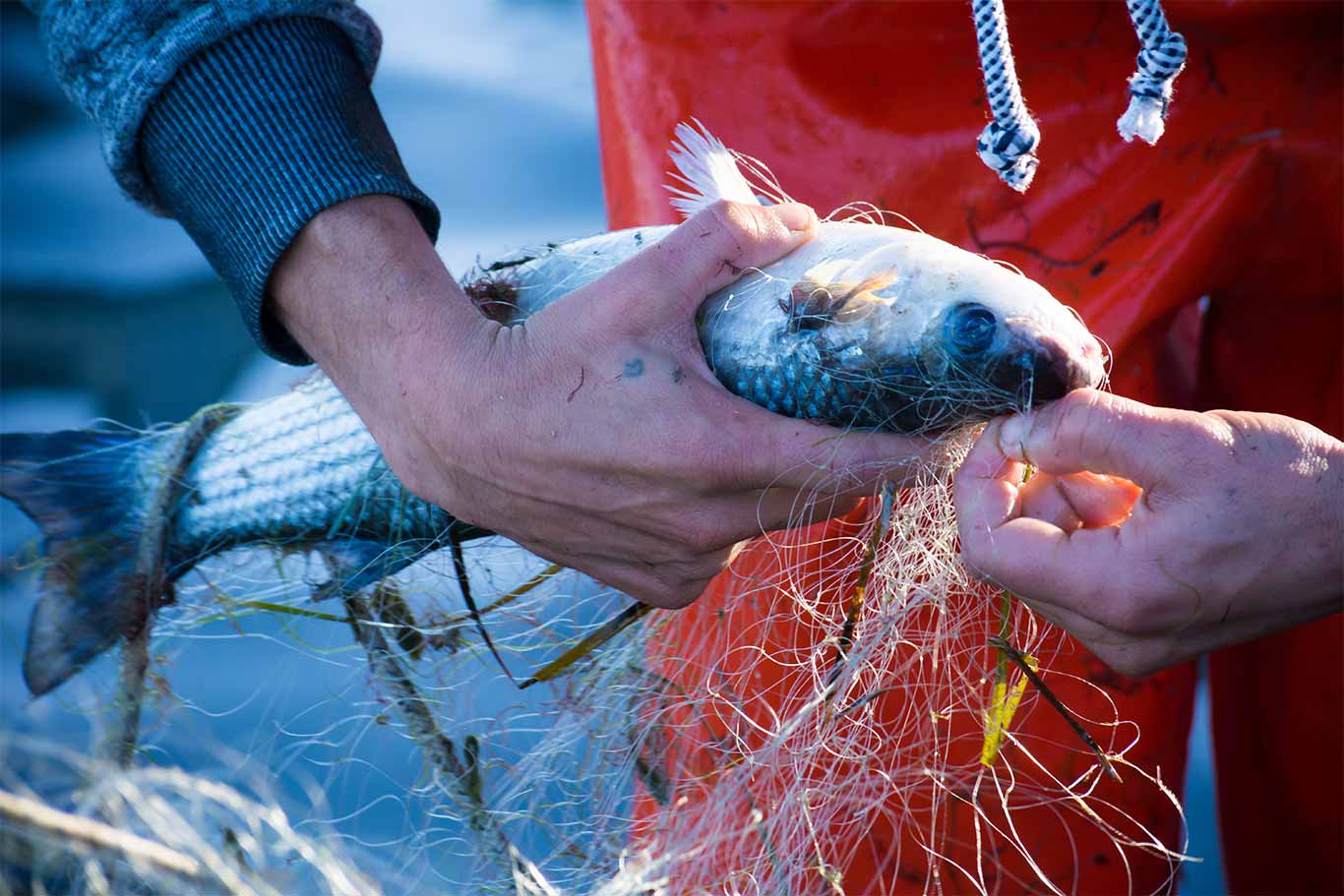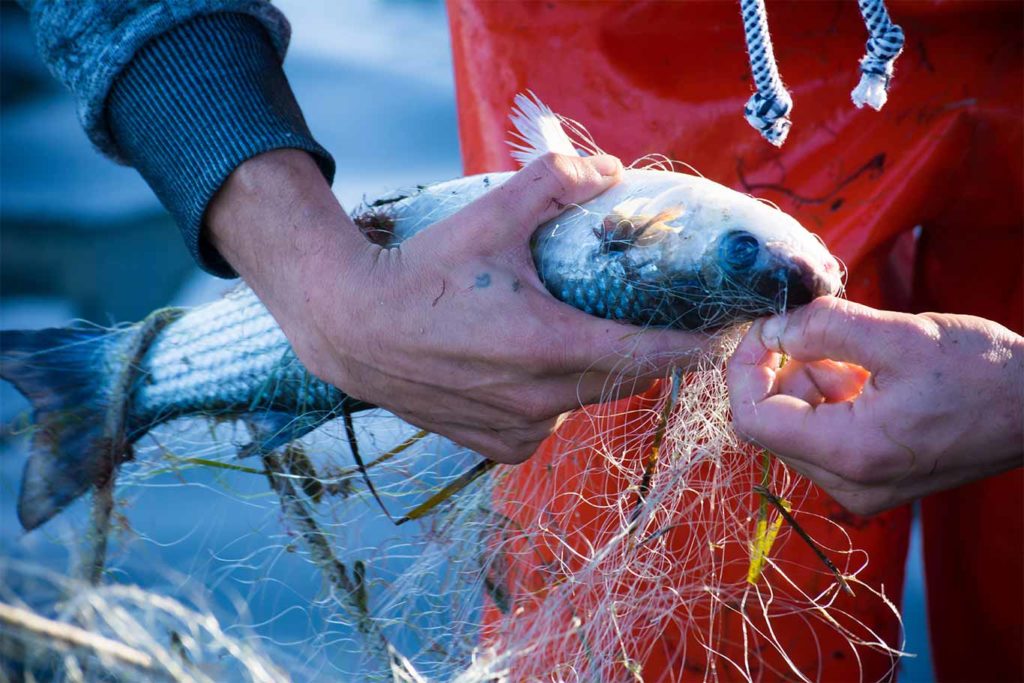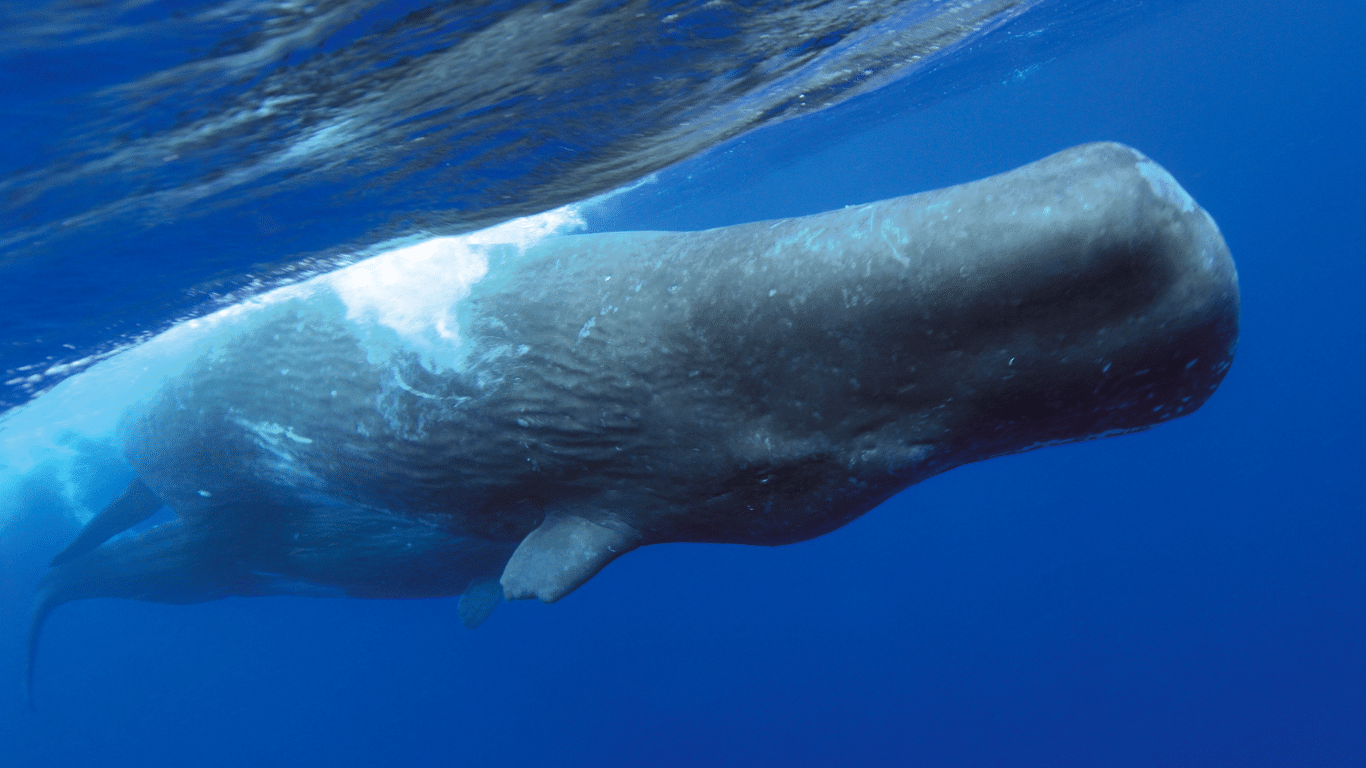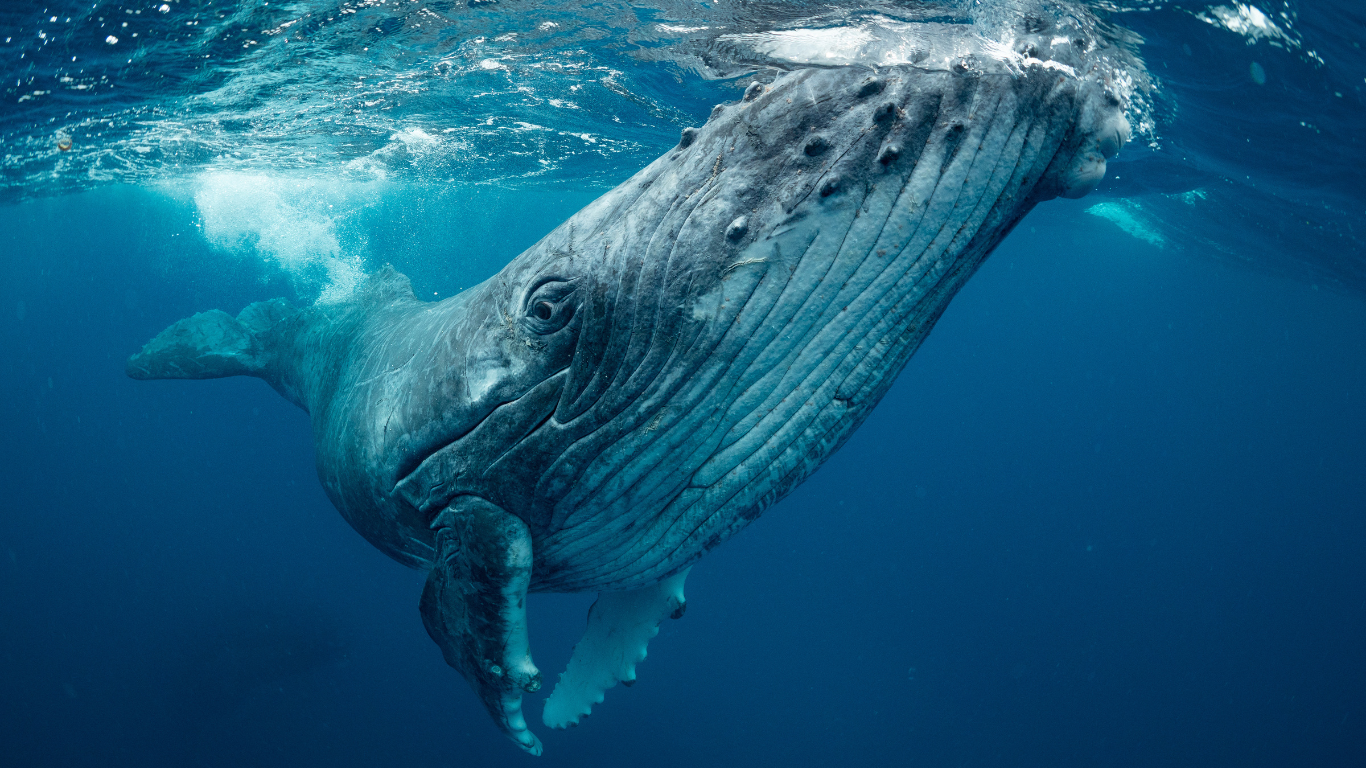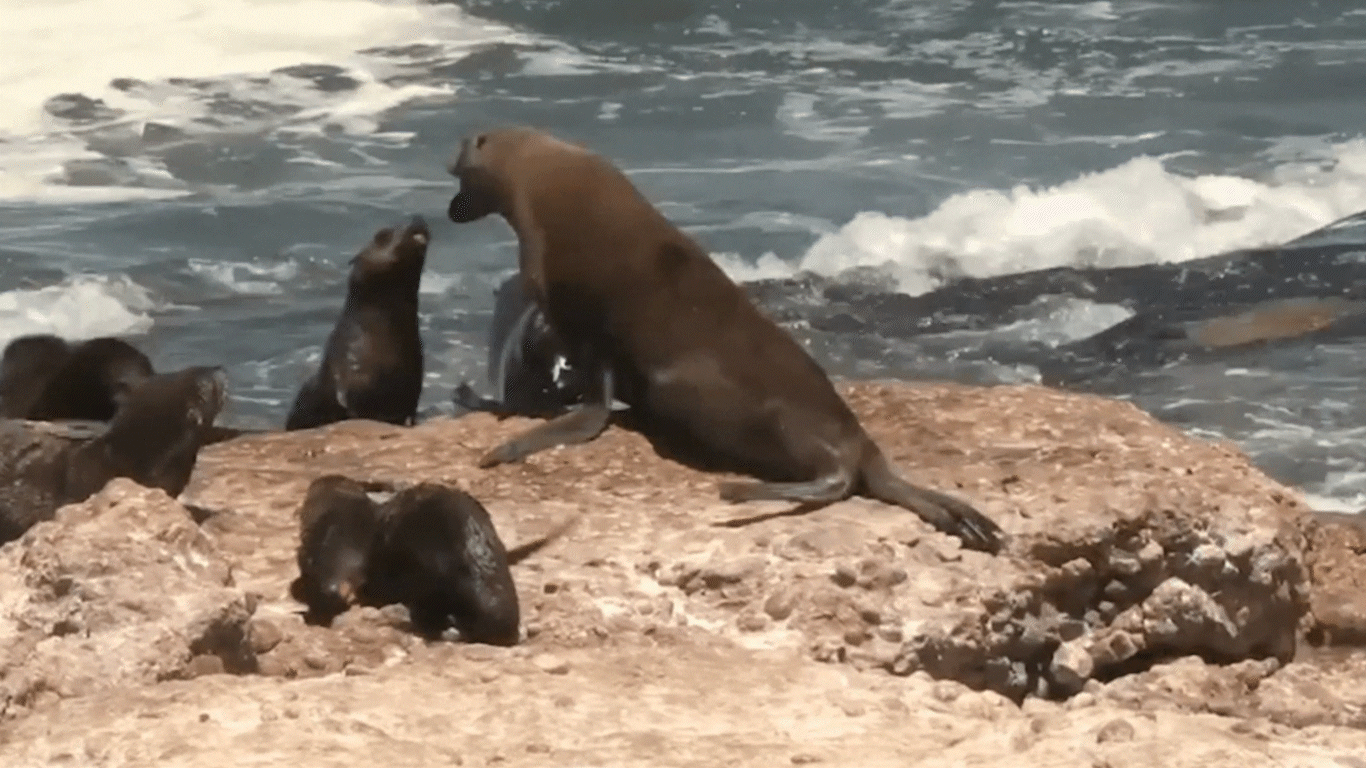Maritime and fishing communities worldwide are particularly vulnerable to organized crime, says a new report published in Nature's scientific journal.
The study brings to light the perfect storm of illegal activities in this sector, including tax crimes, money laundering, corruption, document fraud, and trafficking in persons, drugs, and arms.
Despite the name, organized crime in fisheries is not only about the pillaging of marine life. While illegal fishing is a massive problem across all corners of the globe, the net of organized crime in the fisheries sector casts much farther than the abuse of fish stock alone.
In 2008, the United Nations General Assembly asked policy-makers, researchers, and civil society members what they believed the role of organized crime within maritime and fishing communities was. The results revealed many disturbing facades of organized crime within this sector. The findings included the following:
- Food hygiene regulations are compromised due to false customs and health documentation to disguise the origin of the catch or the vessel's flag. Fish and fish products are also falsely labeled to avoid paying higher customs duty on high-value species.
- Organized criminal networks engage in money laundering in the fisheries sector to integrate the proceeds of crimes committed along the fisheries value chain or illicit activities outside the industry into the legitimate economy.
- Political figures or senior government bodies use their positions to influence the allocation of fishing licenses to companies with a personal business interest.
- Boats, ships, and other fishing vessels are ideal modes of transport for drugs, given their legitimate presence at sea, the lack of transparency around their movement, identity and ownership, and their ability to tranship and access small harbors.
- Criminal networks in fisheries use forced labor to cut costs and increase profit margins. In addition to the implications for human rights, this leads to unfair competition with legal operators, which, in turn, can influence legitimate fishing companies to breach domestic crewing regulations in an attempt to remain competitive.
- The fishing industry provides ideal concealment for smuggling of otherwise legal goods from one jurisdiction to another in violation of the law. Fuel, for instance, is often smuggled alongside illicit goods, like drugs, illegal weapons, and illegally harvested fish, as well as people.
- Violence that may arise from illegal fishing and conflict between fishermen are recognized as a potential threat to maritime security and livelihoods.
“While many jurisdictions criminalize fisheries offenses and have harsh deterrent penalties, this study shows that there is still room for much improvement,” said Nicolette Peters of the Animal Survival International (formerly Political Animal Lobby).
“Organized crime within the fisheries sector occurs globally throughout the entire value chain, taking a massive toll on human populations and resulting in potentially dire implications. Building momentum to tackle these crimes is critical to protect those who are at risk today and build a more sustainable future.”

